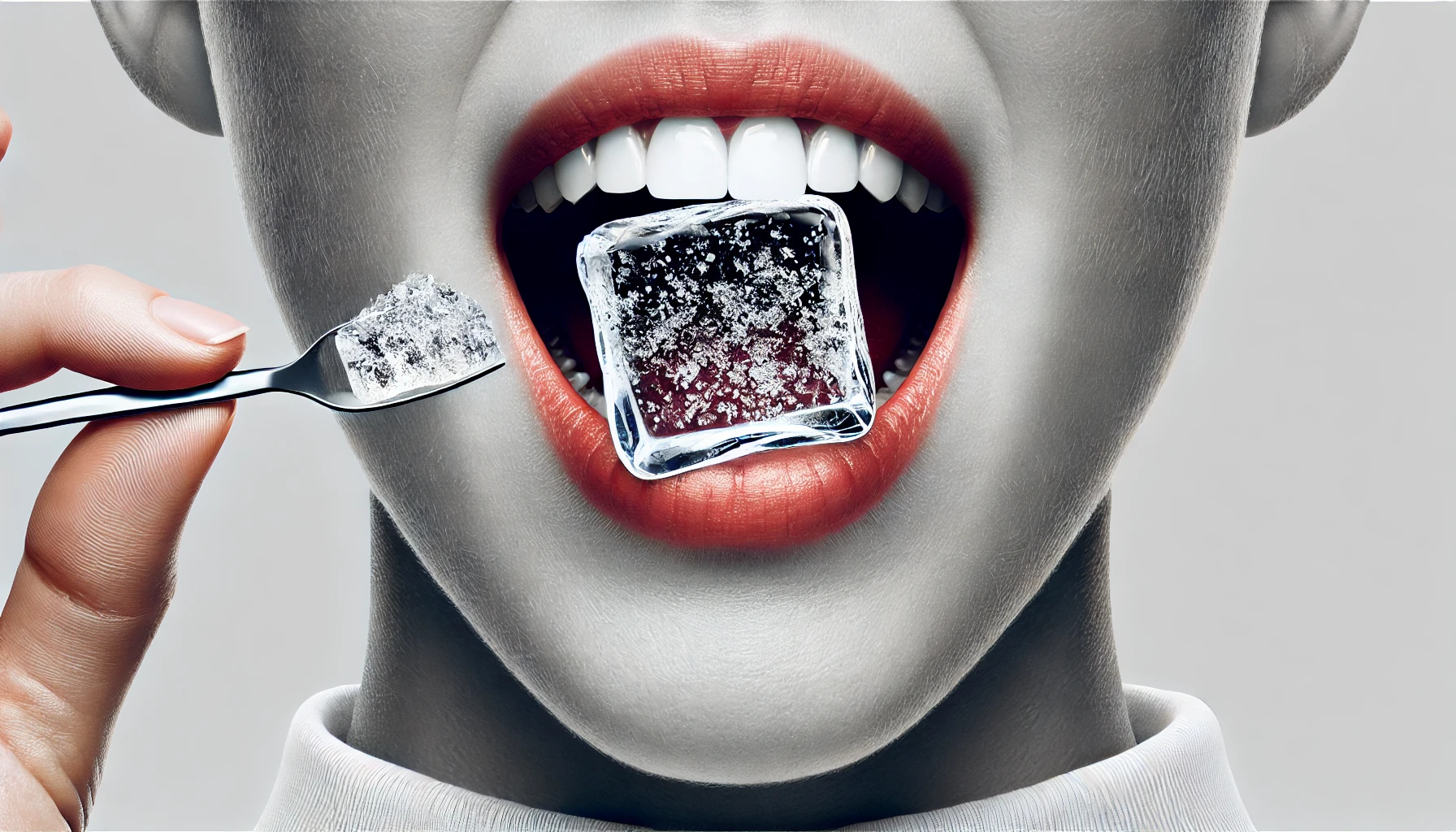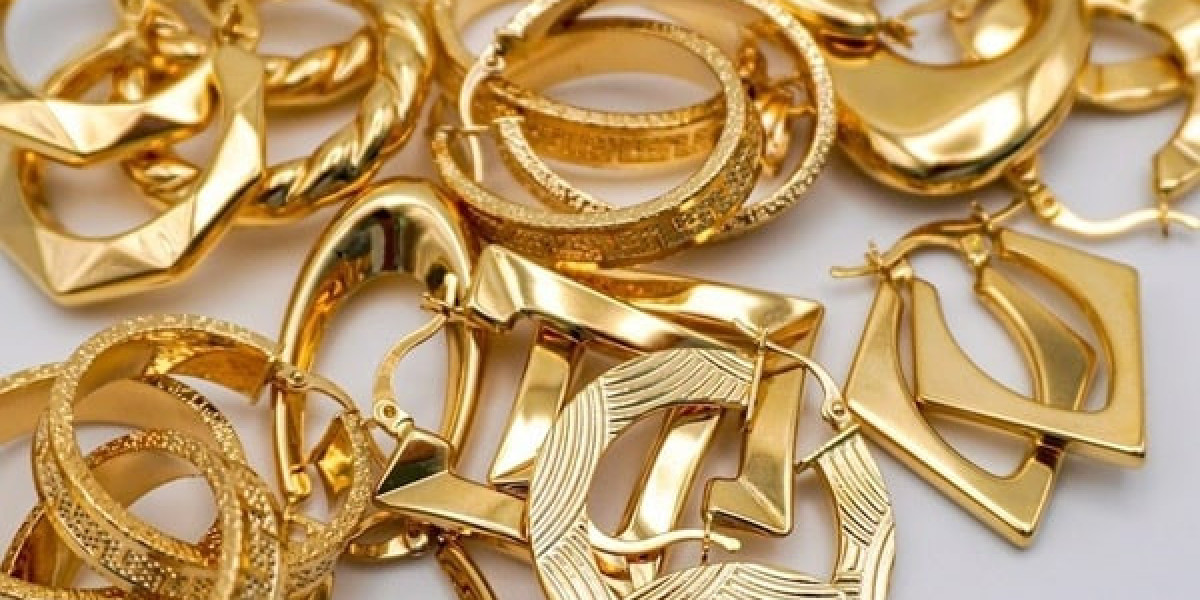Chewing Ice Bad for Teeth

Many people enjoy the satisfying crunch of chewing ice. It might feel refreshing on a hot day or serve as a nervous habit during moments of stress. But while ice seems harmless — after all, it’s only frozen water — it can quietly cause serious damage to your teeth over time. Understanding why chewing ice is bad for teeth can help you protect your smile and prevent long-term dental problems.
Why People Chew Ice
Before we explore the damage, let’s look at why people chew ice in the first place. For many, it’s simply a habit. Some people enjoy the cold, crunchy texture, while others chew ice as a form of stress relief or boredom. However, for some, the urge to chew ice is a sign of an underlying condition known as pagophagia — a type of pica, or craving for non-food items.
Pagophagia is often linked to iron deficiency anemia. People with low iron levels may find themselves constantly craving ice because it can temporarily ease inflammation in the mouth or boost alertness. If you chew ice often and can’t seem to stop, it’s a good idea to consult a doctor and get your iron levels checked.
How Chewing Ice Damages Teeth
Even though ice is made of water, it’s surprisingly hard. The enamel — the thin, protective outer layer of your teeth — is strong, but it’s not invincible. When you bite down on hard ice cubes, you create extreme pressure on your teeth. Over time, this can lead to tiny cracks in the enamel. These microscopic fractures may not be visible or painful at first, but they weaken your teeth and make them more vulnerable to decay, sensitivity, and chips.
Chewing ice also exposes your teeth to sudden temperature changes. Going from warm to cold — or cold to hot if you sip coffee afterward — causes your teeth to expand and contract. This constant change can weaken the enamel further, making it easier for cracks to form. Once enamel is worn down, it doesn’t regenerate, so the damage is permanent.
Cracked Teeth and Dental Work
If you have dental health restorations such as fillings, crowns, veneers, or bonding, chewing ice can be especially risky. Ice can chip or loosen these materials, leading to costly repairs. A small crack in a crown can open the door for bacteria to enter and cause infection or decay underneath.
Dentists often see patients who come in with sudden pain or sensitivity, only to discover that the cause is a cracked tooth from chewing ice. These cracks can sometimes be so deep that they require root canal treatment or, in severe cases, extraction. What might start as a harmless habit can quickly turn into an expensive and painful dental emergency.
The Effects on Gums and Sensitivity
It’s not only your teeth that suffer from this habit. Chewing ice can also harm your gums. The sharp edges of broken ice cubes can scrape delicate gum tissue, causing irritation or even small cuts. This can make your mouth more prone to infections or inflammation.
Over time, ice chewing can lead to gum recession, where the gums pull away from the teeth, exposing sensitive roots. Once this happens, your teeth may feel uncomfortable when exposed to hot, cold, or sweet foods. Gum recession can also increase the risk of cavities in the roots, which are not protected by enamel.
Why It Feels Good — and How to Stop
Some people find the crunch of ice satisfying because it offers a sensory experience — a combination of sound, texture, and temperature. For others, it becomes a coping mechanism for stress or anxiety. If you find yourself chewing ice often, it’s worth examining when and why you do it.
Here are a few strategies to help you break the habit:
- Stay hydrated. Many people chew ice because they’re thirsty. Drink cold water instead — it’s refreshing without being harmful.
- Switch to crushed ice. If you can’t give it up immediately, start with softer, crushed ice. It’s less likely to cause damage than solid cubes.
- Try healthier alternatives. Frozen fruit, such as grapes or berries, can satisfy your craving for something cold and crunchy while being gentle on your teeth.
- Chew sugar-free gum. This helps keep your mouth busy and stimulates saliva production, which protects your teeth.
- Address the root cause. If you suspect your ice chewing is related to iron deficiency or stress, talk to a healthcare professional. Treating the underlying issue often helps eliminate the craving.
What Happens If You Keep Chewing Ice
If you continue chewing ice regularly, the long-term effects can be serious. Cracks in your enamel can deepen, leading to tooth sensitivity and pain. Once enamel wears down, your teeth are more likely to develop cavities. In some cases, a large enough crack can split a tooth completely, leaving extraction as the only option.
Additionally, damaged enamel and dental work can make your teeth look uneven or discolored. This not only affects your oral health but also your confidence in your smile.
The Cost of Ice Chewing
What seems like an innocent habit can also hit your wallet. Repairing cracked or broken teeth often involves procedures such as fillings, crowns, or veneers — all of which can be costly. If the damage extends to the root, you may need a root canal or dental implant, which can cost thousands of dollars.
Preventing the problem is always cheaper and easier than fixing it later. Simply avoiding the habit of chewing ice can save you from pain, inconvenience, and unexpected dental expenses.
Protecting Your Teeth for Life
Your teeth are designed for chewing food, not ice or other hard objects. At Wellness for Life Blog, we remind readers that keeping your teeth strong starts with making oral care part of your daily routine.
- Brush twice a day with fluoride toothpaste.
- Floss daily to remove food particles and plaque.
- Visit your dentist every six months for checkups and cleanings.
- Avoid using your teeth as tools — don’t open bottles or bite pens.
By staying mindful of your habits, you can prevent unnecessary damage and keep your smile healthy and bright for years to come.
Final Thoughts
Chewing ice might seem harmless, but it can silently wreak havoc on your teeth and gums. From cracked enamel to gum injuries and costly dental repairs, the risks far outweigh the temporary satisfaction it provides.
If you crave ice frequently, pay attention to what your body might be trying to tell you. You could be dehydrated, stressed, or dealing with an iron deficiency. Whatever the reason, understanding and addressing it is the key to stopping the habit and protecting your dental health.
In short, your teeth aren’t built to crush ice — they’re meant to help you eat, speak, and smile confidently. So, the next time you find yourself reaching for an ice cube, remember: skip the crunch and sip instead. Your future smile will thank you.



